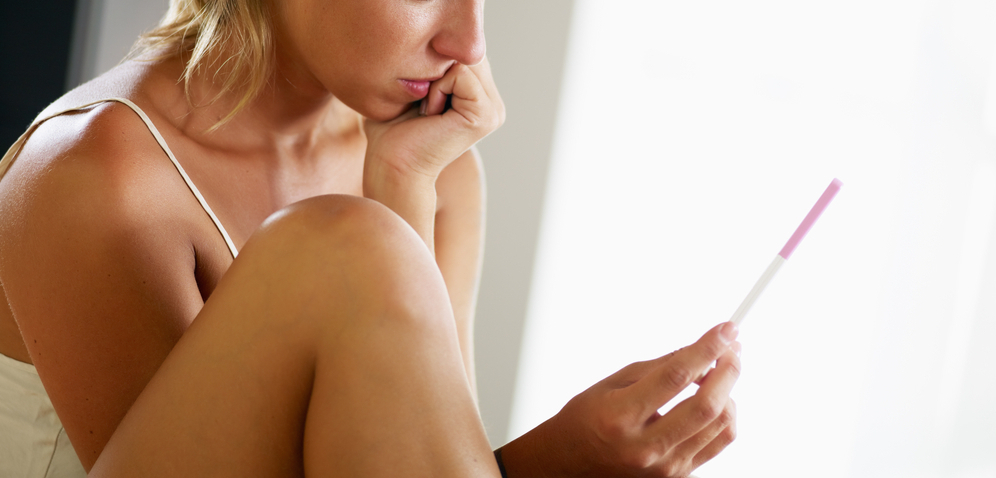
Menopause is the time that marks the end of your menstrual cycle. The most common age range is 45-55 years. But menopause may occur earlier in some women, which is known as early or premature menopause.
The ovaries are organs that are part of a woman’s reproductive system and also play a role in the endocrine system. The ovaries are mixed organs: they have an endocrine function and a reproductive or sexual function. The ovarian endocrine activity involves the production of female hormones (oestrogen and progesterone). Both functions are responsible for the menstrual cycle. Typically, as women age, the ovarian function starts declining, the amount and quality of the eggs decrease, which causes menstrual cycle irregularities and decrease in the levels of sex hormones, until the production of hormones ceases completely, when an irreversible menopause begins.
What Causes Early Menopause?
Early menopause occurs when a woman is born with diminished ovarian reserve or when, for various reasons, women experience a decline in ovarian reserve much earlier than usual and become prematurely infertile. Although the causes of ovarian failure are not certain, premature menopause may be associated with premature ovarian failure, after a hysterectomy or can be influenced by other hereditary factors – therefore it is important to consult your gynaecologist if there is a family history of early menopause. Chemotherapy or radiation therapy may also cause premature menopause.
Can Early Menopause Be Prevented?
Unfortunately, early menopause cannot be prevented or reversed, but anticipating and being aware of the risk factors, will help you make certain decisions ahead of time. Assisted Reproduction is often the alternative for these women:
- Female Fertility Testing – A simple ultrasound scan could provide information about the early diagnosis of premature menopause. Low antral follicle count may be indicative of diminished ovarian reserve. Additional hormone testing including anti-Mullerian hormone level could be required.
- Egg Freezing – It allows more flexibility in terms of deciding when to start a family, without needing to make a hurried decision about getting pregnant when the time is not yet right. Thanks to the use of vitrification and ultra-rapid freezing, the eggs are not damaged and implantation rates improve. The eggs are safely stored a at temperature well below freezing, at -196 º C, in liquid nitrogen, until the woman is ready to become pregnant.
- Egg Donation -When women with early menopause do not have vitrified eggs (for those cases when it was not previously diagnosed, for example) or in cases of previous failure of IVF treatment with own eggs, donor eggs can be a good option, which involve using the eggs donated by an anonymous donor, voluntarily. The donated eggs are fertilized in the lab using the partner’s sperm (or if necessary, donor sperm can also be used). The resulting embryo is then transferred into the recipient’s uterus. This way, women with early menopause can achieve their dream of having children and using their own uterus for carrying a pregnancy. Egg Donation has high success rates since eggs from young donors (between 20 and 30 years old) are used. The eggs are assessed for fertilization in the laboratory to ensure higher chances to result in pregnancy.
At EVA Clinics, we know how important it is to determine the ovarian reserve and the role of ovarian reserve testing in prediction of pregnancy. Female Fertility Testing is available free of charge at all EVA Clinics.







